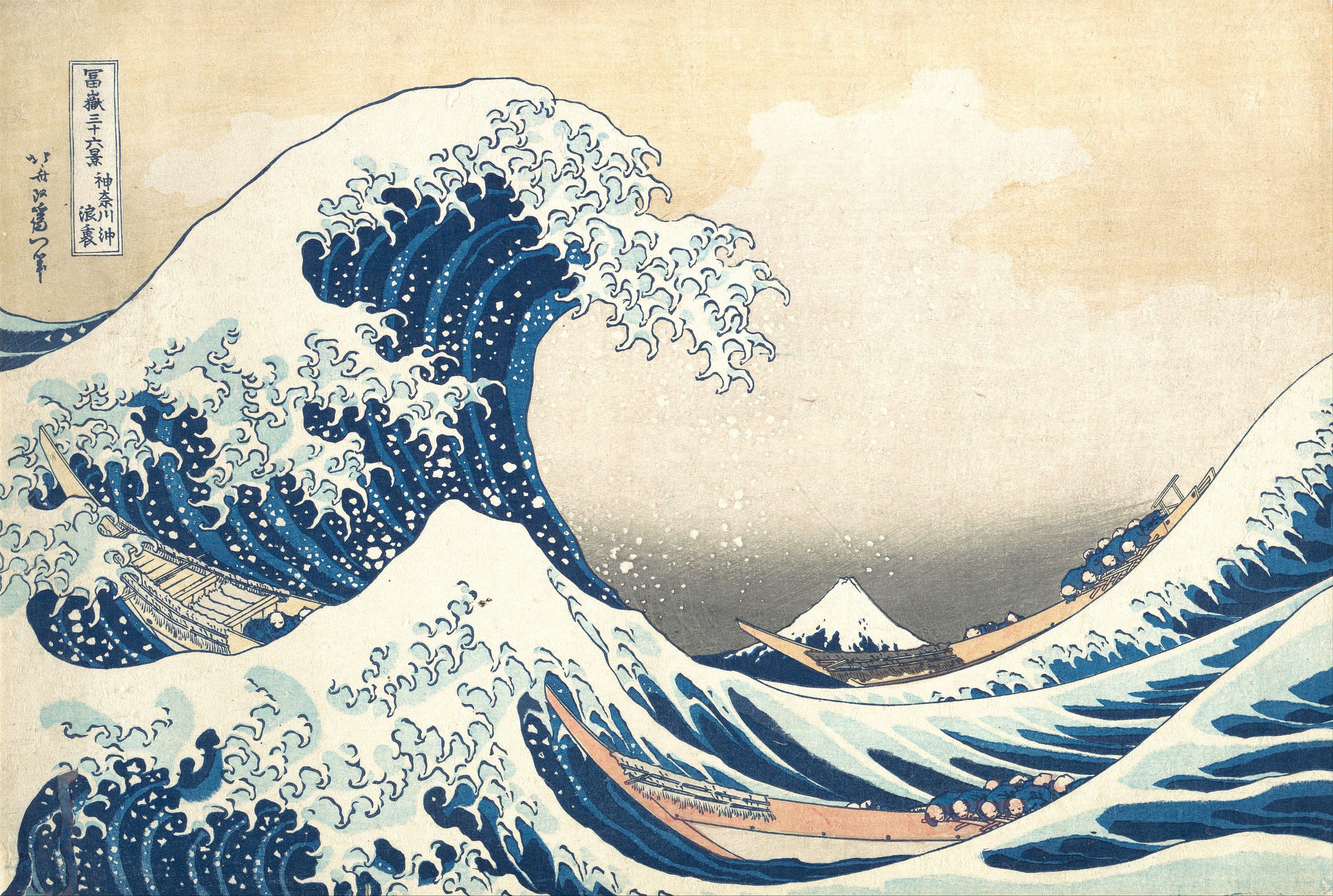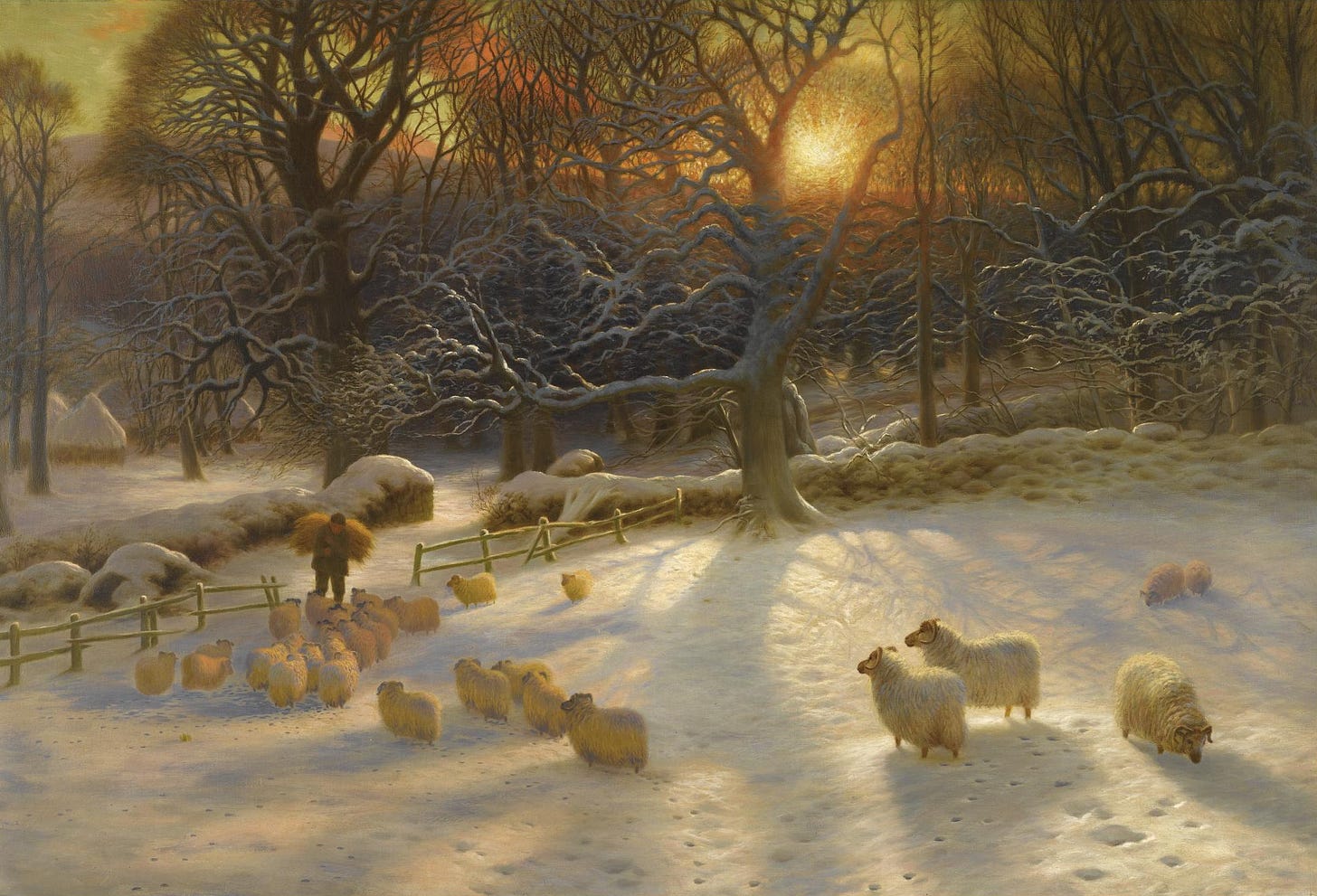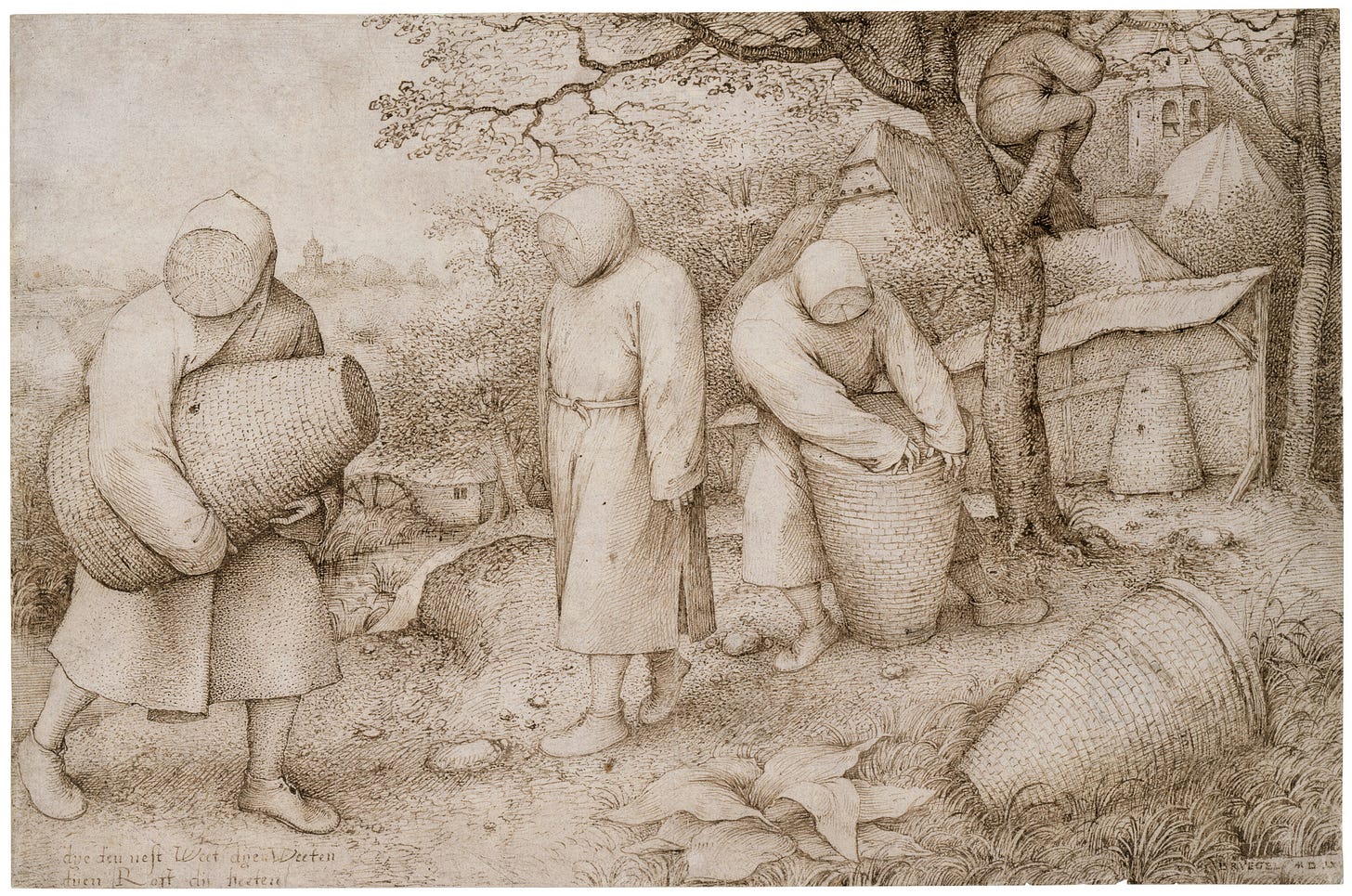📖 This is a long post and is best viewed online here.
👆 To get these updates in your inbox, subscribe to Footnotes and Tangents and turn on notifications for War and Peace 2024.
🎧 This post is now available as a podcast. Listen on Spotify, YouTube, Pocket Casts or wherever you get your podcasts.
Welcome to Week 49 of War and Peace 2024
This week, we have read the epilogue, Part 1, Chapters 1 – 6.
Everything you need for this read-along and book group can be found on the main War and Peace page of Footnotes and Tangents. There you will find:
The reading schedule with links to daily chat threads for each chapter.
Weekly updates like this one.
Give someone War and Peace in 2025
This readalong will run again next year for paid subscribers. All my posts will be revised and updated so more readers can enjoy this slow read of War and Peace. If you know someone who would enjoy this experience, consider a gift subscription so they can take part next year. Paid subscribers can also join the slow read of Hilary Mantel’s Cromwell trilogy, read any of my book guides, or participate in the other 2025 slow reads.

This week’s theme: Sorrow and Joy
Not unlike Hogwarts, War and Peace has four houses with four distinct personalities. The Bolkonskys value duty and self-sacrifice. The Rostovs believe in a profligate, boundless joy. The Kuragins are conceited and out for themselves. The Bezukhovs are one man, Pierre, in search of truth, happiness and peace.
These four archetypes take on an elemental quality in the story. Joy seems to vibrate through the Rostov house. Cold, cruel duty seeps silently through the draughty rooms at Bald Hills.
With the Rostovs, we’ve always known that sadness and sorrow wait in the shadows. The Count couldn’t count the cost, and his children were carefree and careless with their lives. And now one son is dead, killed when the war was won. And the father follows him soon after, broken-hearted.
On the final page of the final book, Natasha’s love for Pierre remained the only flame alight of Rostov joy. Now, there is a house of sorrow and a new count drowning in debt.
Nikolai Rostov is no longer the joyful youth but has become like a Bolkonsky, tied to his family through a burning sense of duty:
Friends and relations advised Nikolai to decline the inheritance. But he regarded such a refusal as a slur on his father’s memory, which he held sacred, and therefore would not hear of refusing, and accepted the inheritance together with the obligation to pay the debts.
Joy division
Then something remarkable happens. Marya steps back into the story. Nikolai is too proud and ashamed to let himself love her again. He thinks he would be marrying for money. He thinks there are ‘a thousand reasons why’ they cannot be together.
Marya almost accepts this. It is impossible because ‘he is poor now and I am rich.’ Pride and prejudice; that old chestnut. She would once have walked out the door and never returned again. She would gladly have sacrificed her happiness for some higher purpose.
The bees are buzzing in the trees. Making honey just for me.
But something has changed. Somewhere between the death of her menfolk and the friendship of the joyful Rostov siblings, something has slipped into her heart.
It is as strong as the rest of her, but it bends towards her own happiness and her own right to be loved:
‘I don’t understand your why, Count,’ she continued, ‘but it’s hard for me … for me … I will confess this to you. For some reason you wish to deprive me of our former friendship. And that hurts me.’ There were tears in her eyes and in her voice. ‘I have had so little happiness in life that every loss is hard for me … Forgive me, goodbye!’
Those tears are like some sacrament. They convert the deepest sorrows into a new living joy. She, a Bolkonsky, from the house of sorrow, boldly returns the flame to the house of Rostov:
She looked back. For a few seconds they gazed silently into one another’s eyes—and what had seemed remote and impossible suddenly became very close, possible, and inevitable.

Chapter 1: The Good of Humanity
Seven years pass. The progressive values of the French Revolution and Alexander’s early reign give way to a period of ‘reaction’. Liberty, equality and fraternity are in retreat. The prevailing opinion in Russia is that Alexander is to blame. But Tolstoy asks how we can possibly know what is good for humanity. In hindsight, we would have done things differently. But if we had, life as we know it would not exist.
An unreasonable life
If we admit that human life can be ruled by reason, the possibility of life is destroyed.
Oh, of course, we're going to have to wait to see what happens with Pierre and Natasha, Nikolai and Marya. Don't look surprised.
I love this maritime imagery: the ‘storm-tossed sea’ with its ‘seething depths.’ Tolstoy anticipates Freud’s unconscious: there’s something irrational beneath human nature, ‘mysterious’ and beyond our understanding.
There are a couple of ideas here that pull the entire novel together.
One is the notion that we cannot know for sure what is good or bad. Our imperfect understanding of the universe and other people invites humility when forming our opinions. Whether it is Pierre and Natasha, or Napoleon and Alexander, we attempt to put our judgements aside to understand their full being and relationship to the world around them.
The other is this sense that there is something unquantifiable in human behaviour that makes life impossible to comprehend or predict. This was the x factor, the spirit of the army; it is the quirky personal passions of princes; it is the soul or spirit or force encountered on various occasions by Natasha, Nikolai, Pierre and Andrei.
Further resources:

Chapter 2: Genius and Chance
When we assume that great men direct history to certain goals, we must depend on the notion of individual ‘genius’ and events that happen by ‘chance’. This is just another way of saying we don’t understand why things happen. But if we stop trying to explain why things happen, we can focus on the seemingly inevitable series of events.
Infinite regression
Why did it happen in this and not in some other way?
I blink. I am back at school again, aged fourteen. We are studying the causes of the First World War. At break time, we joke that term is almost up, and we will not get to the actual war at the speed we’re going. My first lesson in life’s infinite complexity.
When do you stop looking? How far do you go back?
It’s a problem reflected in the DNA of War and Peace. Tolstoy originally conceived of a novel about an old man returning from exile to a society transformed in the 1850s.
But first, he had to figure out how that man became who he was. He went back to the Decembrist Revolt of 1825, the events that led to this man’s banishment to Siberia. But why did this revolt happen when it did?
So he kept pushing the start of his story back and back and back, until he came to 1805. It’s not the beginning, but it will do. The result was War and Peace.
Further resources:

Chapter 3: Tolstoy’s Napoleon
Tolstoy gives us a potted history of Napoleon’s career, from obscurity to his apotheosis and downfall. Tolstoy satirises a version of history that depicts Napoleon as brilliant and lucky. In contrast, Tolstoy’s Napoleon is a ‘man without convictions’ who plays his part perfectly in the inevitable tide of history.
A man without convictions, without habits, without traditions, without a name.
Napoleon: a man who was lucky until he was unlucky, but was never a genius and never great. I love this chapter. It reads like a draft for a screenplay: a biopic that is part farce, part tragedy. I wonder how it compares to Ridley Scott’s version? Tolstoy’s has shades of Blackadder, or ‘The Death of Stalin’.
I’d have gone to see Tolstoy’s film. But I’d still want to know what happened to Pierre and Natasha.

Chapter 4: On Bees and Bad Actors
Tolstoy relates the end of Napoleon’s career, his brief return from exile, his defeat at Waterloo and his banishment to the island of Saint Helena. Alexander, also, was just the man for the job, another actor who played his part. Tolstoy considers the bees. We cannot understand their ultimate purpose. So it is with historical characters and nations. All we can see is their relationship to one another.
The last role is played. The actor is bidden to disrobe and wash off his powder and paint: he will not be wanted any more.
This chapter relates the strange sequence of events whereby Napoleon was banished to the Mediterranean island of Elba, only to return to power, rule for one hundred days until he met his Waterloo, and then was banished for good to Saint Helena in the Atlantic Ocean.
What are bees for?
But my favourite part of this chapter is one of my favourite passages in War and Peace. Tolstoy returns to his bees. He asks, What are they for? From every vantage point, he finds a different answer: the stung child, the admiring poet, the beekeeper and the botanist all have their own ideas. But ‘the ultimate purpose’, if such a thing exists, is beyond our comprehension:
All that is accessible to man is the relation of the life of the bee to other manifestations of life.
It’s typical Tolstoy. On the one hand, the fatalism of a mystic who will ultimately put his trust in God. On the other, the sweet honey of life itself. For, isn’t it beautiful to consider that all life’s accessible meaning derives from the lives of others?
This was Pierre’s revelation. Life gives us two immeasurable gifts. A mind that some will call a spirit or a soul. A secret place, known only to ourselves and, perhaps, some invisible maker. And the gift of seeing that spirit alive in others; a seeing that is also a form of listening that becomes a form of love.
Further resources:
Chapter 5: Rostov Gloom
Natasha and Pierre marry. Shortly after, the old count dies, leaving Nikolai with enormous debts and rapacious creditors. He sells the house, borrows from Pierre, and takes a government job. He and Sonya conceal their poverty from his mother. He feels indebted to Sonya, but the more he values her, the less he loves her. He continues to refuse the easiest solution to his problems: marriage to a rich heiress.
Pierre • Natasha • Count Rostov • Countess Rostova • Sonya • Nikolai
‘And which of us has not weaknesses of his own?’
Ilya Rostov presided over this reckless, carefree, house of joy. With the father dead, a Petya-sized hole in the family heart, and the daughter married off, all that is left is crippling debt, a mother in denial and a son overwhelmed by shame and gloom.
It’s a miserable chapter with hardly a scrap of joy in it. Natasha's wedding is a footnote; my guess is that Tolstoy didn’t like weddings much, he always seems so quick to pass over them. I sympathise a little.
In taking up a government job, Nikolai comes full circle, accepting the occupation his father tried to foist upon him at the start of the novel.
Did Nikolai’s decisions in this chapter surprise you?
Chapter 6: A Thousand Reasons Why
In the winter of 1813, Princess Marya comes to Moscow. She visits the Rostovs but Nikolai receives her coldly. His mother makes him go to see Marya at her house. They are polite and reserved, and when Marya challenges Nikolai, he says there are a thousand reasons why he has changed. She tells him he has hurt her and goes to leave. He stops her and in one glance, the impossible becomes inevitable.
Countess Rostova • Sonya • Marya • Nikolai
What had seemed remote and impossible suddenly became very close, possible, and inevitable.
Marya provides us with a stand-up-and-shout moment. She has endured so much, but she will not be silent and endure Nikolai’s excuses. As with Pierre and Natasha, we are rewarded with the transformative power of a single glance.
But these two are guided by very different stars to the Bezukhovs. Pierre and Natasha do not think much about duty, honour and self-sacrifice. This is Bald Hill magic. And in the latter stages of the novel, Nikolai has become more like a Bolkonsky, while Marya’s friendship with Natasha has made her bold for love.
We got there in the end. What do you think of these two matches: Pierre and Natasha, Nikolai and Marya? What are their strengths, and what challenges may they face?
Thank you for reading
Thank you for reading and joining me on this slow read of War and Peace. If you have enjoyed this post and found it helpful, please consider leaving me a tip over on Stripe. These donations always make my day and remind me that this project is worthwhile and finding a good home.
And that’s all from me this week. The next post will be my last and will come out on Wednesday, 18 December, the day we read the final chapter of the first part of the epilogue. The chat threads will continue through the second epilogue to the end of the book and will include some discussion questions to reflect on our year with War and Peace.
Until then, I am your guide,
Simon Haisell




Joining this slow read has been one of the highlights of my year. Not only am I within reach of achieving a lifelong goal to read this great work of literature, but I have thoroughly enjoyed myself along the way. Thank you so much, Simon! ❤️
I enjoy my Sunday mornings, when not only do I read and listen to your weekly insights, but I take the time to read the additional resources you provide. All of that combined makes my experience of reading War and Peace so much richer than had I attempted to read it on my own. Thank you @SimonHaisell!